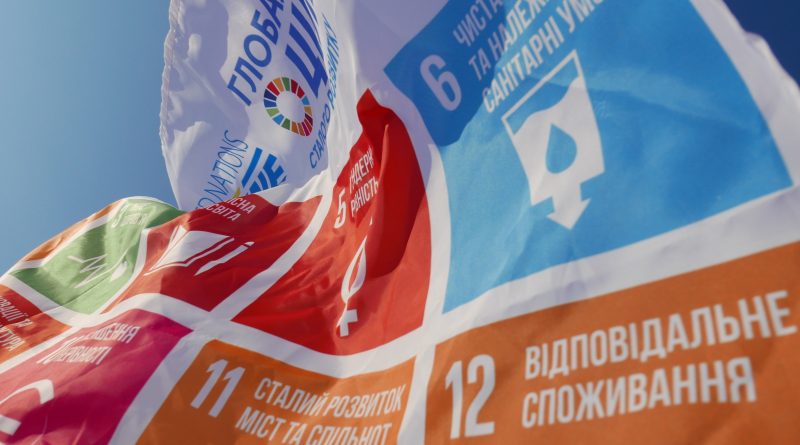Progress in attainment of the 17 SDGs (Sustainable Development Goals) in Asia Pacific has so far not been proportionate to targets for 2030, says the latest report from ESCAP (The United Nations Economic and Social Commission for Asia and the Pacific (ESCAP).The report published on 24 May 2019 says the Asia Pacific region is unlikely to attain the SDGs by 2030. Worse still, regression is seen in some areas in 2019, giving rise to an alarming situation.
The ESCAP says there has been progress in 14 of the 17 SDGs, while SDG 6 (Clean Water and sanitation), SDG 8 (Decent work and economic growth) and SDG 12 (Responsible consumption and production) have seen decline. Particularly in case of SDG 12, the situation is exacerbating and the trend in generation and treatment of hazardous waste needs to be reversed with a sense of urgency, if the stipulated sustainable development goal is to be achieved by 2030. While sound progress has been made in areas 1, 4 and 7 (No Poverty, Quality Education, Affordable and Clean Energy), with child mortality and gross school intake ratio being some of the on-track indicators, acceleration is still needed even in the best performing areas as progress is slower than what should have been achieved by 2018.
The ESCAP report indicates divergent performance across different subregions. South-southwest Asia regressed the most on SDG 6 (Clean water and sanitation), attributable to the rapid decline in permanent water body to an extent that adversely affects the water-related ecosystems indicator. East-northeast Asia fares the worst among different subregions in SDG11 (Sustainable cities and communities) with air quality and waste management being the major culprits because of unsound city management amid rapid urban expansion. The Pacific and southeast Asia Region would require tremendous efforts to enhance current performance in violence reduction and discriminatory laws so as to reverse the declining trend in SDG 16 (Peace, justice and strong institutions).
Apart from the mostly stagnant and declining trends in various areas indicated in the report, ESCAP also raised the issue of difficulties it is facing in gathering credible, adequate information for evaluation of performance in numerous aspects. Data gaps tarnish evaluation reliability for two-thirds of the global SDG indicators, with much of the SDG targets lacking evidence relating to the environment.
ESCAP calls for an reinforcement in international partnership (SDG 17) for achieving sustainable goals for all nations. The report stresses that progress in technology transfer, international cooperation, trade conditions as well as policy coherence are all necessary to ensure adequate allocation of financial resources for facilitating achievement of the SDGs and implementation of identified solutions.



